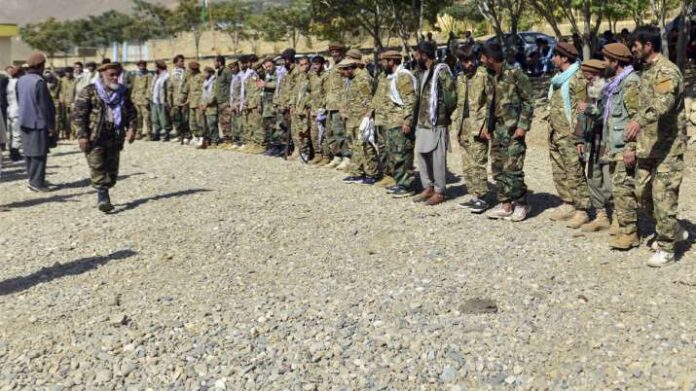| Translate This News In |
|---|
The Taliban have called for a ceasefire from resistance groups holed up in the Panjshir Valley. According to reports, leaders of the Resistance troops suffered significant losses over the weekend.
The Taliban have been asked to stop military operations in Panjshir and evacuate their fighters, according to the National Resistance Front. “In exchange,” it continued, “we will direct our forces to refrain from military action.”
According to a statement released by the rebel group, its leaders are willing to engage in peace talks.
Ahmad Massoud said he backed a plan for a negotiated settlement proposed by religious clerics and urged the Taliban to stop their onslaught.
According to previous reports, the Taliban had quickly taken dominance in Panjshir. The province, which is located north of Kabul, is the most visible example of Taliban resistance.
Massoud claimed in a Facebook post that if the Taliban stopped attacking, the National Resistance Front of Afghanistan (NRF), which includes former Afghan security forces and local militias, would be willing to stop fighting.
Between 150,000 and 200,000 people live in Panjshir, a steep mountain valley. It was a hotbed of resistance during the Soviet occupation of Afghanistan in the 1980s and the Taliban’s previous administration from 1996 to 2001.
A prominent Taliban general and 13 bodyguards were also killed, said to the NRF’s spokesman Fahim Dashti and a commander, Gen Abdul Wudod Zara.
After the collapse of the Western-backed government, the Taliban grabbed control of the remainder of Afghanistan three weeks ago, assuming power in Kabul on August 15.
The Taliban claimed earlier that their soldiers were now in Bazarak, the provincial capital, where they had inflicted “many casualties,” but the NRF rejected this.


















